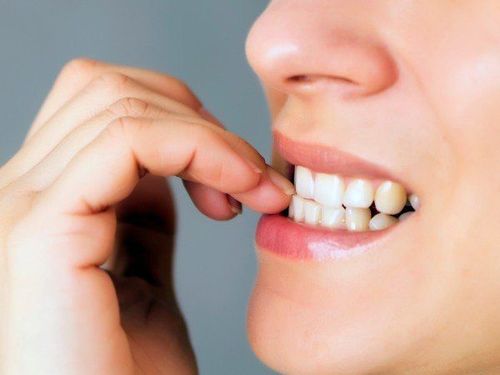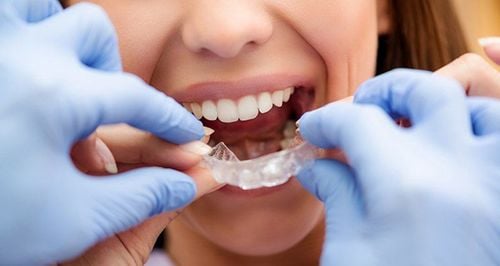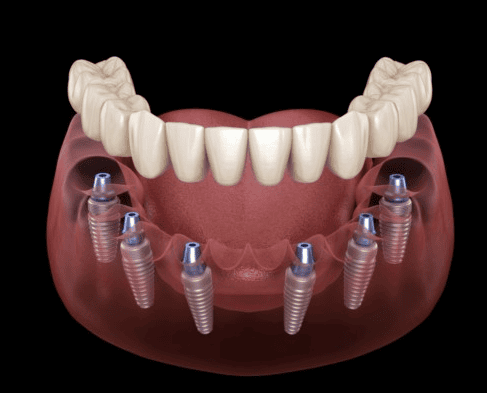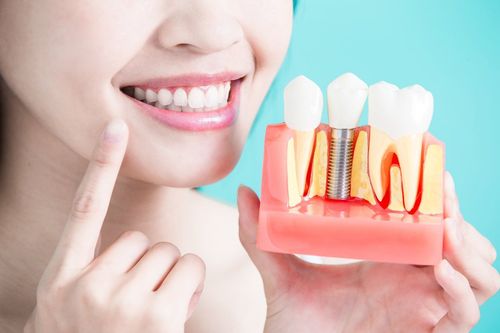This is an automatically translated article.
Prolonged stress not only has a negative impact on psychological aspects, but can also have a direct impact on oral health. There is a lot of evidence pointing to a link between stress and dental problems, such as periodontitis, teeth grinding... The following article will clarify the harmful effects of stress, how stress affects your teeth. How does it affect our teeth?
1. Stress and periodontal disease
A team of scientists reviewed 14 studies published between 1990 and 2006 on the link between stress and gum disease in adults. The results show that psychological problems such as suffering, anxiety, depression, loneliness... often increase the levels of cortisol - the stress hormone in the body.
The harmful effects of stress are also reflected in the patient's tendency to increase bad habits that harm teeth, such as neglecting oral hygiene, abusing stimulants such as nicotine (tobacco). , alcohol or drugs for psychological relief.
If not corrected in time, the patient is at risk of dental diseases, the most serious being periodontitis. This disease can lead to tooth loss as well as jaw bone loss. Symptoms of periodontal disease include swollen gums, bleeding gums, bad breath and loose teeth...
2. Stress and bruxism
Teeth grinding under stress is a movement disorder of the jaw muscles, in which the patient often unconsciously bites the jaws and grinds back and forth. This action if prolonged regularly can cause damage in the mouth, typically cracked teeth, broken fillings, worn teeth (severe levels can damage the pulp, easy to lose teeth); temporomandibular joint disorder (severe can cause temporomandibular deformity)...
There are 2 main types of teeth grinding: daytime bruxism and nighttime bruxism. While teeth grinding during the day is an act of choice, at night, grinding happens unconsciously. There are several causes of bruxism during sleep, including smoking, drinking a lot of alcohol, using stimulants, and prolonged anxiety and stress.

Tác hại của căng thẳng làm gia tăng các thói quen xấu gây hại cho răng
3. Treatment requires a holistic approach
Patients can find healthy ways to reduce stress, such as reducing the intensity of work, taking time to participate in outdoor activities such as walking, playing sports, meeting friends friends ... in addition, it is also necessary to pay attention to the daily diet, maintain the habit of getting enough sleep, keep a calm attitude before all problems to avoid stress affecting the teeth.
Some therapists also suggest slow exercise such as yoga, pilates, meditation... to help patients who grind their teeth relax and relieve stress.
Besides, to protect oral health everyone should build a habit of proactive oral care. For example, brush teeth at least twice a day, floss once a day, use mouthwash, tongue scraper to clean the oral cavity. In addition, to recognize unusual problems in your teeth, you should also visit your dentist to get tartar and have a general checkup at least twice a year.
Please dial HOTLINE for more information or register for an appointment HERE. Download MyVinmec app to make appointments faster and to manage your bookings easily.
Reference sources: webmd.com, smh.com.au












